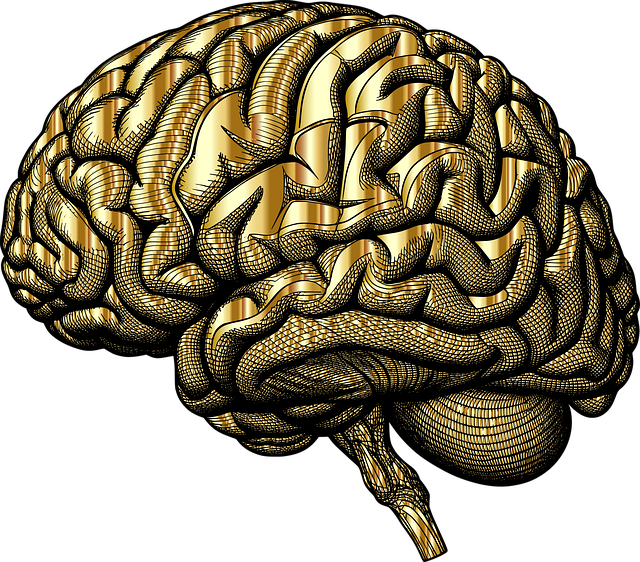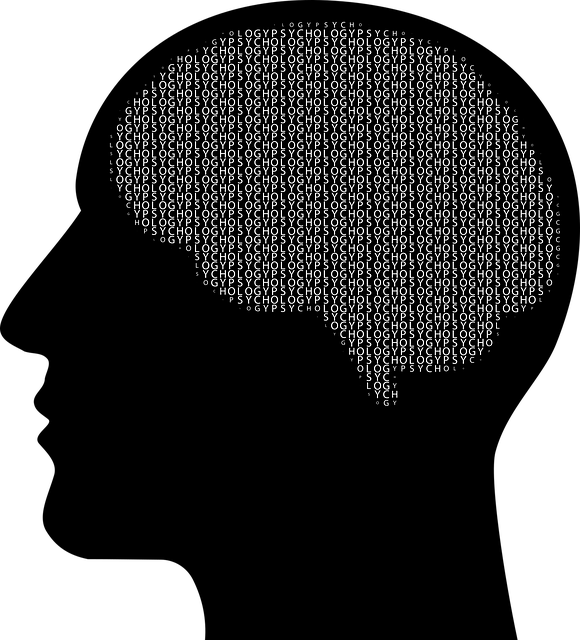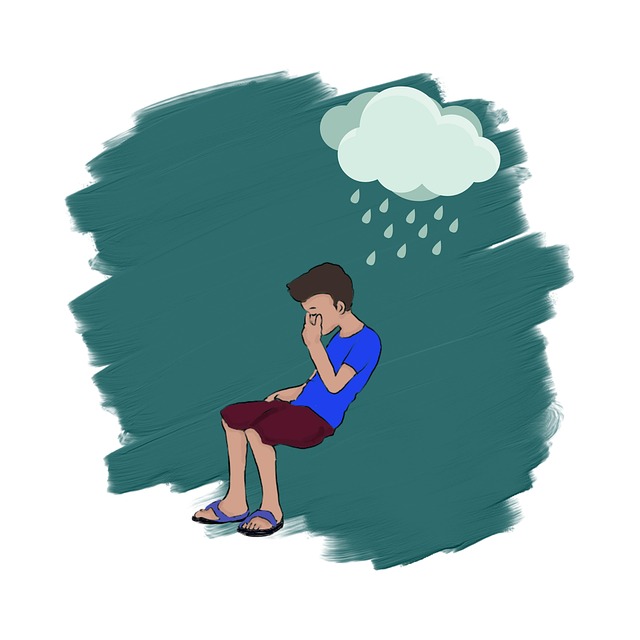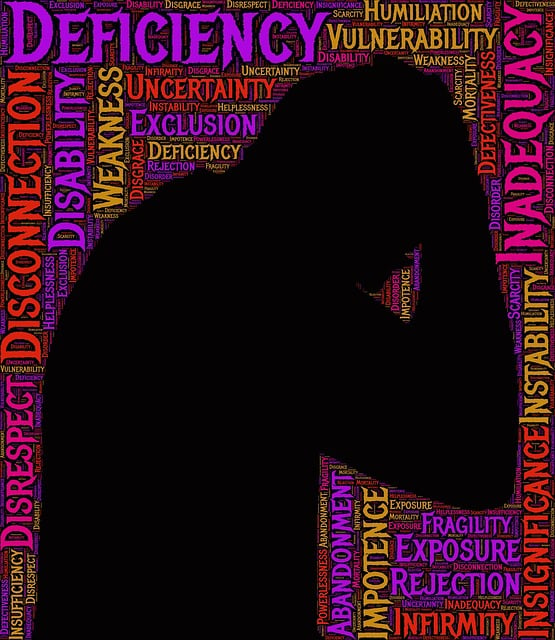Denver's diverse population faces unique mental health challenges, notably relationship problems exacerbated by fast-paced lifestyles and cultural diversity. While traditional therapy networks exist, there's a growing demand for specialized programs focusing on inner strength building and conflict resolution techniques. Integrating mindfulness meditation can enhance existing support systems. An effective mental health education program should blend structured curriculum with interactive teaching methods, including real-life case studies and tailored instruction. Collaborative efforts involving communities, schools, and organizations are crucial for cultural relevance, participation, and impact. Implementing resilience-building workshops in schools and trauma support services equips individuals with coping mechanisms and adaptive skills, reducing long-term mental health risks. This holistic approach addresses Denver Relationship Issues Therapy and fosters overall well-being and resilience.
“In Denver, where bustling communities intertwine with unique individual struggles, there’s a growing need for comprehensive mental health education. This article explores the design of an impactful program aimed at addressing Denver’s diverse mental health landscape, particularly focusing on relationship issues therapy. We delve into understanding local needs, crafting engaging curricula, and implementing strategies to ensure long-term positive changes in community well-being. By integrating these approaches, the program strives to revolutionize mental health support.”
- Understanding Denver's Mental Health Landscape: Identifying Needs and Gaps
- Program Structure and Curriculum Development: Creating an Engaging Learning Experience
- Implementation Strategies: Ensuring Effectiveness and Long-term Impact on Community Well-being
Understanding Denver's Mental Health Landscape: Identifying Needs and Gaps

Denver, like many urban centers, faces unique challenges when it comes to mental health. Understanding the city’s landscape involves recognizing a range of issues prevalent among its diverse population. One notable concern is the high incidence of relationship problems and therapy needs. This can be attributed to various factors, such as fast-paced lifestyles, cultural diversity, and the general pressures of urban living. Many residents seek help for issues related to stress, anxiety, depression, and conflict within personal relationships.
The city’s mental health landscape also reveals gaps in accessible services tailored to these specific needs. While Denver has a robust network of traditional therapy options, there is a growing demand for programs that focus on building inner strength and providing effective conflict resolution techniques. Incorporating practices like mindfulness meditation can further enhance the available support systems. By addressing these gaps, mental health education programs can ensure they cater to the unique and diverse needs of Denver’s residents.
Program Structure and Curriculum Development: Creating an Engaging Learning Experience

Designing a mental health education program requires careful consideration of its structure and curriculum to ensure an engaging learning experience for participants. A well-structured program should incorporate interactive activities, real-life case studies, and diverse teaching methods tailored to different learning styles. This approach fosters active participation, making complex concepts more accessible and memorable. For instance, integrating role-playing scenarios related to Denver Relationship Issues Therapy can provide hands-on experience, enhancing understanding of various therapeutic techniques.
The curriculum should not only cover theoretical aspects but also address practical skills essential in mental healthcare settings. Incorporating topics like Emotional Intelligence and Cultural Sensitivity in Mental Healthcare Practice ensures that trainees are equipped to handle diverse client populations effectively. A balanced program that blends knowledge transfer with skill development prepares individuals to contribute positively within their communities, potentially reducing the burden on formal mental health services.
Implementation Strategies: Ensuring Effectiveness and Long-term Impact on Community Well-being

Implementing a mental health education program requires careful strategies to guarantee its effectiveness and foster long-lasting positive changes in community well-being, particularly when addressing pressing issues like Denver Relationship Issues Therapy. One key strategy is to involve local communities, schools, and organizations in co-creating and delivering these programs. By doing so, the initiative gains traction and becomes more culturally relevant, increasing participation rates and impact. For instance, integrating resilience-building workshops into schools can empower students with coping mechanisms, enhance social-emotional learning, and reduce the risk of long-term mental health challenges.
Additionally, offering trauma support services and crisis intervention guidance within these programs is essential for addressing underlying issues. Such interventions ensure that individuals receive immediate assistance during crises and learn adaptive skills to manage traumatic experiences. By combining comprehensive education with accessible support services, communities can build a robust framework for mental wellness, ultimately leading to improved overall well-being and resilience in the face of life’s challenges, including those seeking Denver Relationship Issues Therapy.
Denver’s mental health landscape reveals a significant need for comprehensive education programs, especially regarding relationship issues. By designing an engaging curriculum that addresses these gaps, we can foster community well-being through effective Denver Relationship Issues Therapy. Implementing strategic learning experiences with long-term impact ensures a healthier and more resilient Denver community. This program design not only educates but also empowers individuals to navigate their mental health journeys confidently.














